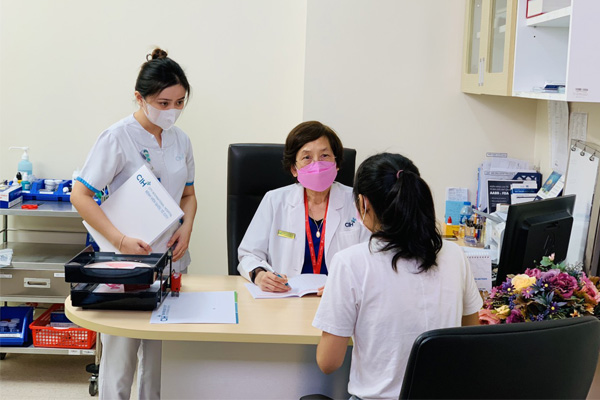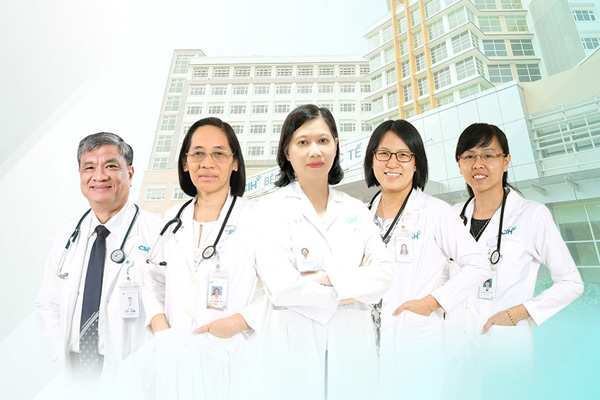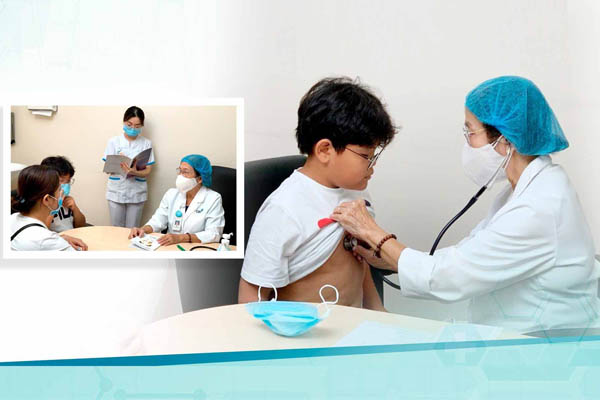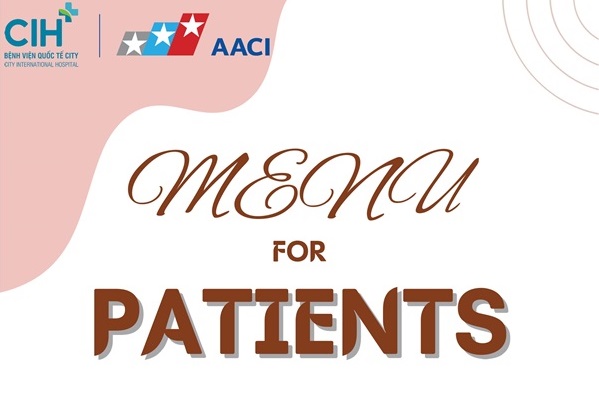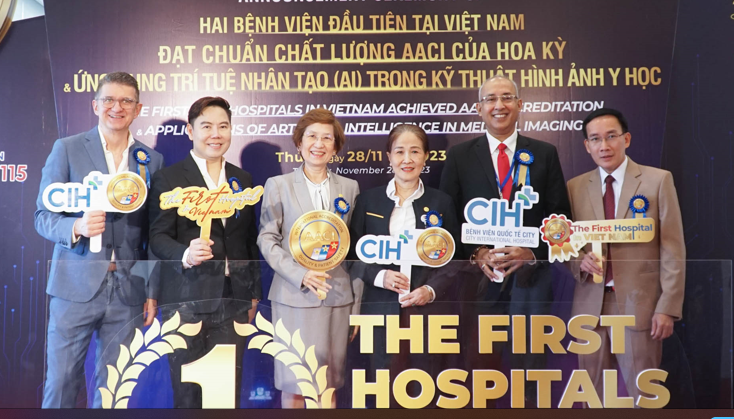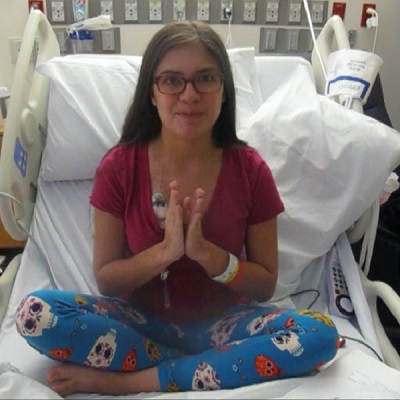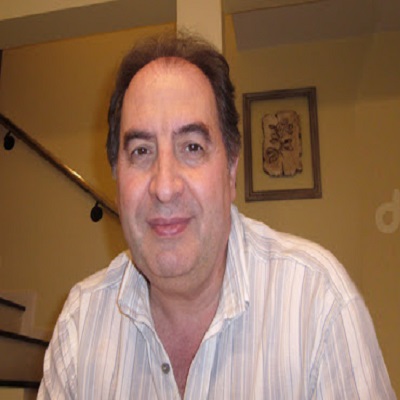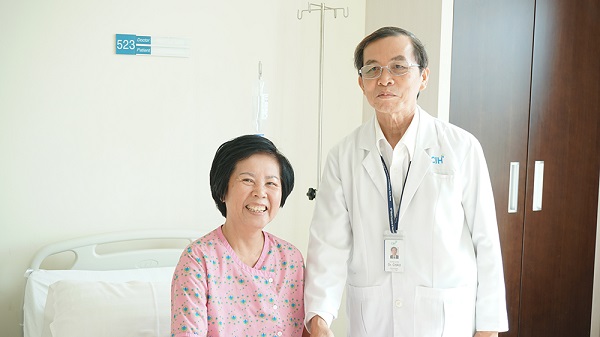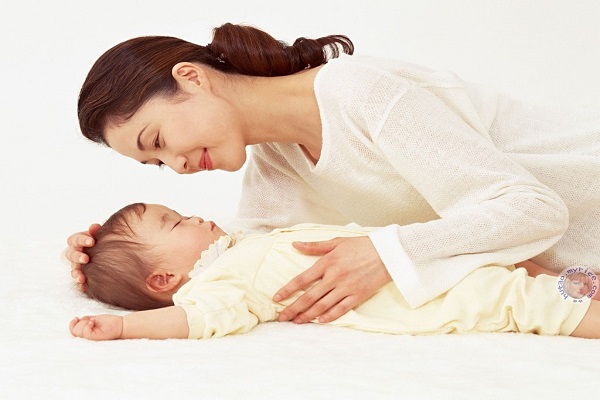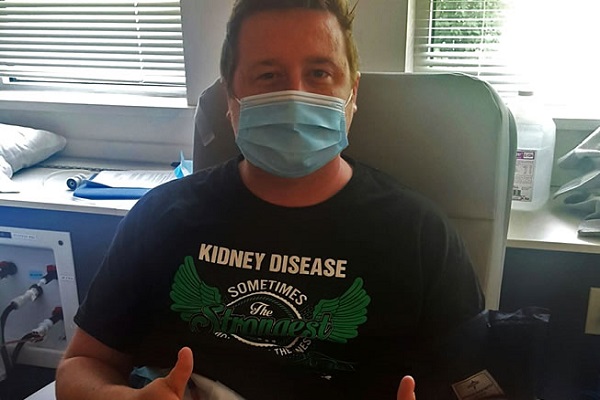Each October brings pink ribbons and fund-raising for breast cancer research. These 50 expert-approved habits may help reduce your risk year round.
41 / 50
Don’t think breast cancer is just for women
Breast cancer is most common in women, but men can get breast cancer, too. While almost no men realize it or think that they can’t get breast cancer because they don’t have breasts — but they do have breast tissue. Male breast cancer accounts for less than 1% of all breast cancers diagnosed in the U.S. In 2019, about 2,670 men are expected to be diagnosed with the disease.7 Even though male breast cancer is rare, it tends to be diagnosed at a more advanced stage because breast changes and lumps typically don’t lead men and their doctors to think “breast cancer.” Changes in male breasts need to be checked out, too.
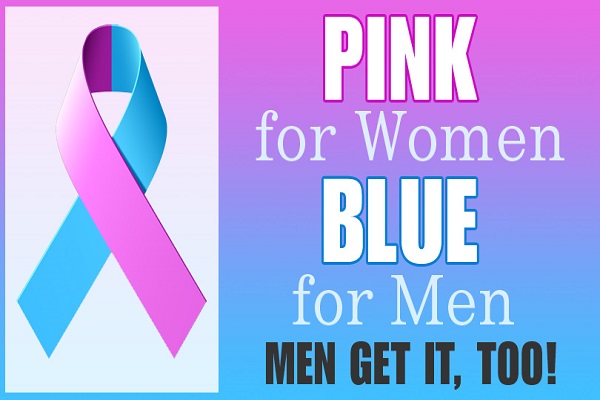
42 / 50
Breastfeed, if you can
It is isn’t always easy or feasible for a woman to breastfeed, but those who do may have a modestly decreased risk of breast cancer—especially if they breastfeed for longer than a year, according to breastcancer.org. Producing milk seems to limit abnormalities in breast cells; also, most women get fewer menstrual periods when they’re breastfeeding, and that equals lower estrogen levels. Finally, breastfeeding women tend to make healthier choices and avoid alcohol or smoking. “If you bear children, breast-feed your babies for as long as possible, if you are able,” says Anne McTiernan, MD, PhD, a cancer prevention researcher at the Fred Hutchinson Cancer Research Center in Seattle and the author of Starved: a Nutrition Doctor’s Journey from Empty to Full.” If you are interested in breastfeeding or having trouble getting the hang of it, speak to a lactation consultant.
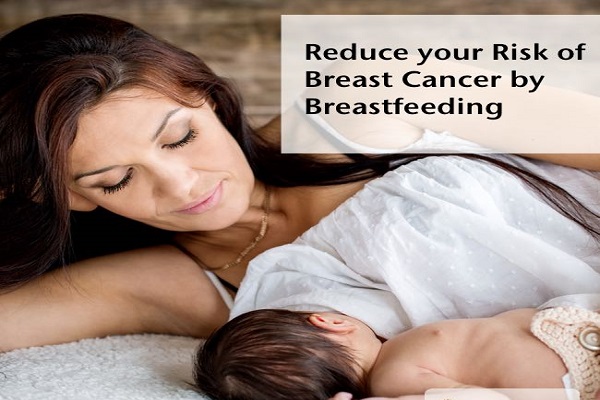
43 / 50
Don’t wait too long to have children
Of course, reducing the risk of breast cancer is not a reason to have children—but if you know you want a family, not putting it off may offer some protection. Research suggests that women who conceive children earlier in life have a lower risk of breast cancer. “Women who haven’t had a full-term pregnancy or have their first child after age 30 have a higher risk of breast cancer compared to women who gave birth before age 30,” states breastcancer.org.

44 / 50
Talk to your doctor about your birth control options
Oral contraceptives can help prevent unwanted pregnancies, but they may also cause a “small but significant increase in the risk of breast cancer,” according to a large study in the New England Journal of Medicine. For every 100,000 women using hormonal birth control, there are 68 cases of breast cancer annually, compared with 55 cases a year among nonusers, the study showed. Talk to your doctor about the best birth control method for you.
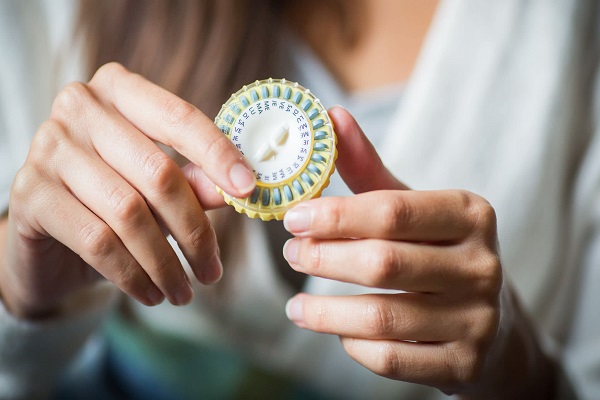
45 / 50
Eat like a Greek
You’ve likely heard about your gut microbiome, and how a balance of good and bad bacteria in the gut is the key to optimal health. New research suggests your breasts have a microbiome too that is also altered by diet. “Being able to shift the breast microbiome through diet may offer a new approach to preventing breast cancer or at least reducing the risk,” says the study’s lead author, Katherine Loree Cook, PhD, assistant professor of surgery, hypertension, and cancer biology at the Wake Forest Baptist Medical Center in Winston-Salem, NC, in a news release. In the study, female monkeys were fed a diet that mimicked either a high-fat Western diet or a plant-based Mediterranean diet for two-and-a-half years, and the group that ate the Mediterranean diet had a different set of bacteria in their breast tissue than those that ate the Western diet. Specifically, following the Mediterranean diet led to about a 10-fold increase of mammary gland lactobacillus, a bacteria that seems to decrease breast cancer tumor growth. These are foods that cancer doctors never eat.

46 / 50
Watch your waistline
Being overweight or obese—especially after menopause—raises your odds of developing breast cancer, and one of the best breast cancer prevention tips is to maintain a healthy weight. Regular physical activity, making necessary dietary changes, and practicing portion control are all part of a successful weight loss/management strategy. “Try to stay within five to ten pounds of what you weighed at age 18,” says Dr. Tran Vuong Thao Nghi, Senior Oncologist.. “The best way to avoid weight gain and avoid overweight or obesity is to eat a diet featuring vegetables and fresh fruit and few high-calorie foods like sugared drinks, refined carbohydrates, and fatty foods.”
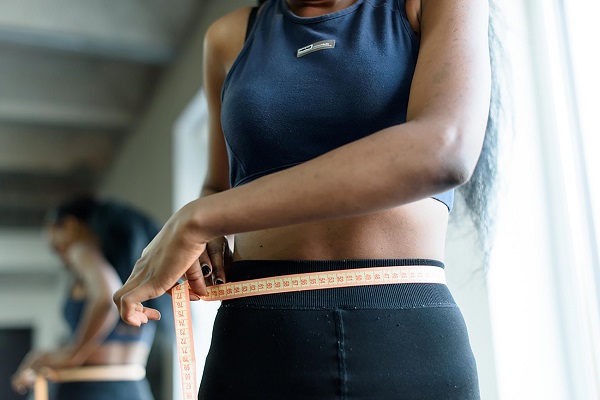
47 / 50
Trim the fat
A handful of studies suggest that low-fat diets may reduce your risk of breast cancer. “Try to limit your saturated fat intake to less than 10 percent of your total calories per day, and limit your fat intake to about 30 grams per day,” breastcancer.org advises.
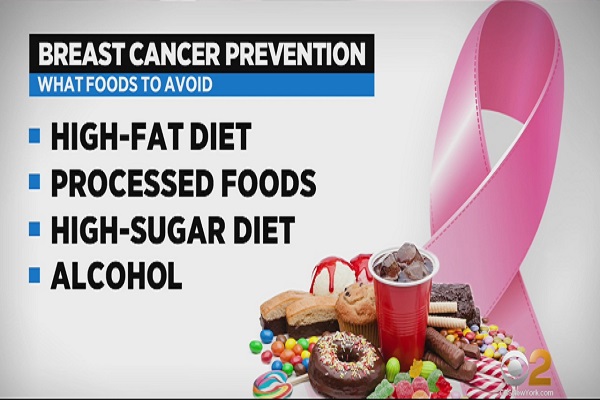
48 / 50
Dance like no one is watching
You don’t need to be an athlete to get the breast cancer reduction benefits of exercise, says Dr. Tran Vuong Thao Nghi, Senior Oncologist.. “Activities like brisk walking, biking, dancing, or any exercise that raises your heart rate and makes you sweat will be beneficial.”

49 / 50
Don’t believe the hype about bioidentical hormones
Many celebrities and natural health enthusiasts claim that bioidentical hormones—made from yams and soy—can relieve the symptoms of menopause such as hot flashes without increasing risk for breast cancer and other conditions seen with HRT. But “bioidentical hormones” and hormonal creams and gels are no safer than prescription hormones and should be avoided,” says Dr. Tran Vuong Thao Nghi, Senior Oncologist.
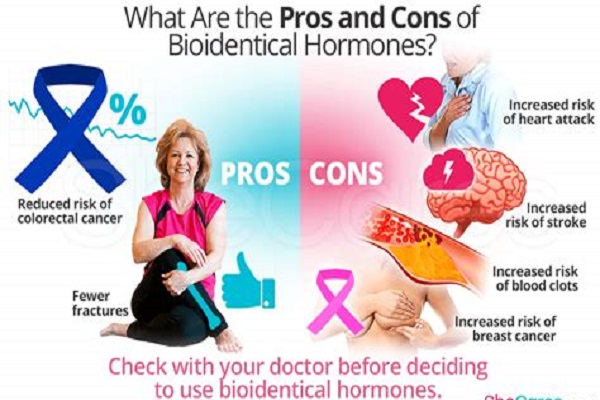
50 / 50
Sleep tight
Getting too much light at night, going to sleep after midnight, and waking up more than twice a night all seem to increase breast cancer risk, finds a study of Chinese women published in the European Journal of Cancer Prevention. It is too early to say for sure that poor sleep habits play a role in causing breast cancer, but “adequate sleep is six to eight hours per night. Both too little and too much shortens your longevity,” says Dr. Tran Vuong Thao Nghi, Senior Oncologist.

It’s important to check your breasts regularly because the earlier breast cancer is diagnosed, the better the chance of successful treatment. It doesn’t matter when you check your breasts, as long as you check them regularly.
Breast Cancer Screening Package at CIH
| Tests included |
Women Age </= 40 |
Women Age > 40 |
| Medical consultation | ||
| Comprehensive medical history & physical examinations | |
|
| Specialist consultation | |
|
| Diagnostic Imaging | ||
| Breast Ultrasound | |
|
| Mammography/ or Breast MRI | |
|
| Total cost of the individual tests (VND) | 820,000 | 1,660,000 |
| Package Price (VND) | 700,000 | 1,320,000 |
Check out our different Screening Packages for different needs
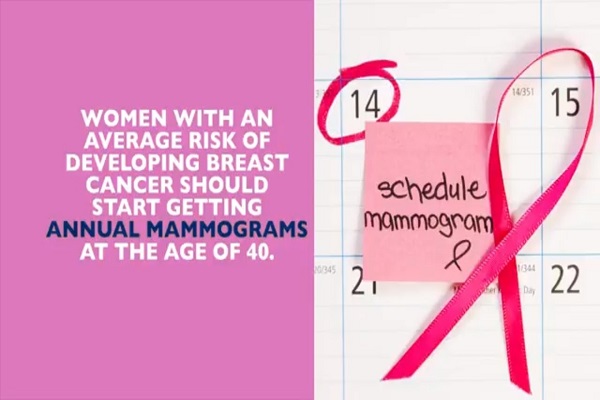
For appointment or further service consultation, please contact:
- Ms. Võ Thị Mỹ Liên: (8428) 6280 3333, ext. 8424
- Ms. Nguyễn Thị Lệ: (8428) 6280 3333, ext. 8402
For any further information about medical services provided by City International Hospital, please contact:
- Operator: (8428) 6280 3333, ext. 0
- Address: Level 3, No. 3, 17A Street, Binh Tri Dong B Ward, Binh Tan Dist. (Next to AEON Mall Binh Tan). Ho Chi Minh City.
- Website: https://cih.com.vn/en/
- FB page: https://www.facebook.com/BenhVienQuocTeCity













